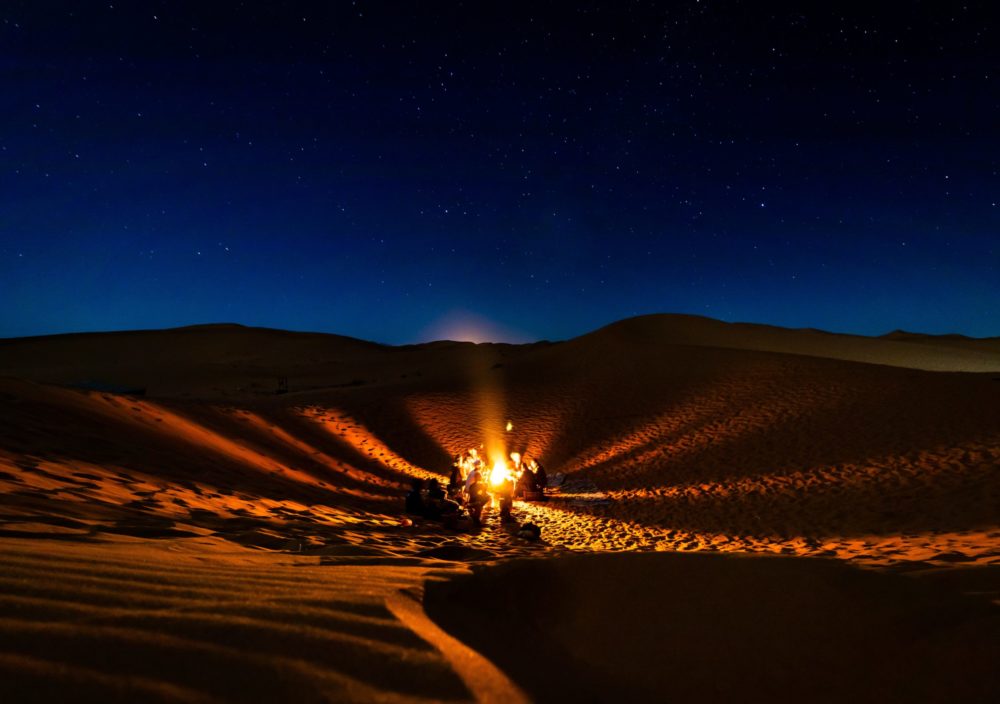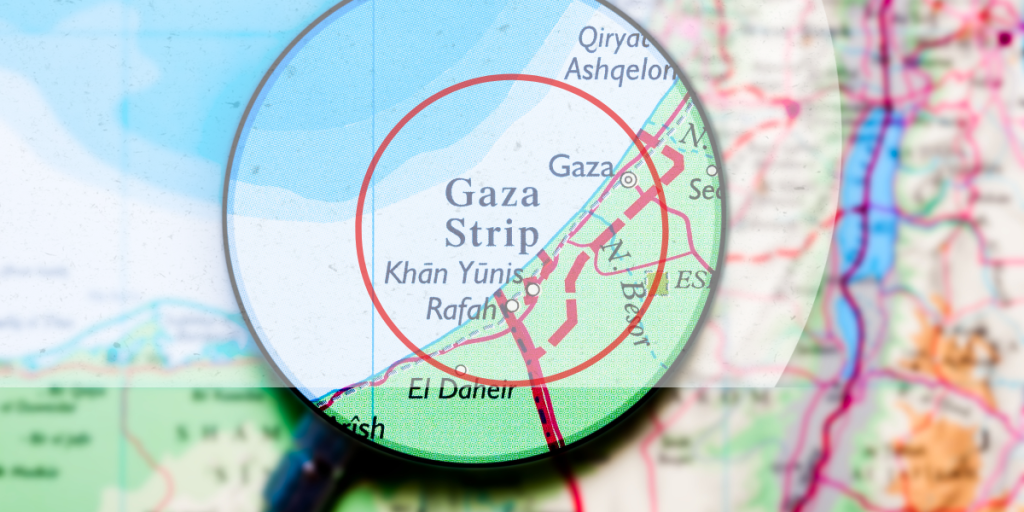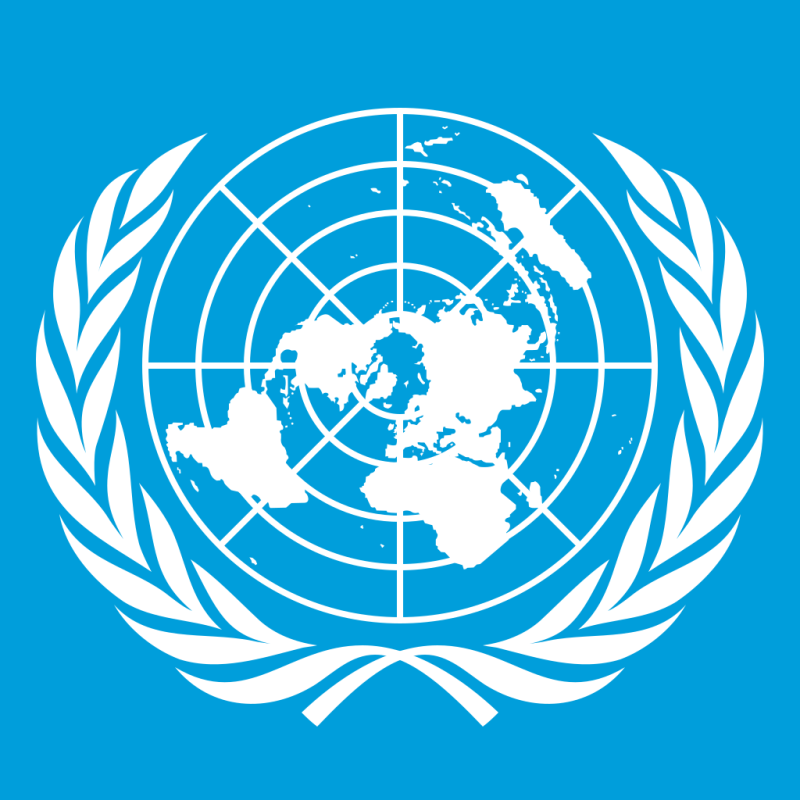Many expected the Trump administration to recognize Israeli sovereignty over parts of the West Bank before Inauguration Day. Instead, last week it recognized Morocco’s sovereignty over Western Sahara as part of a U.S.-brokered peace deal between Jerusalem and Rabat. The new U.S. position on Morocco’s borders has a sound basis in international law and diplomatic practice, and it makes the case even stronger for doing the same with Israel and the West Bank.
Morocco took control of Western Sahara in 1975. The territory had been a Spanish colony, but when Madrid abandoned it, Mauritania and Morocco invaded. Hundreds of thousands of Moroccan settlers followed.
The United Nations has described Morocco’s presence as an “occupation,” but much of the international community has taken a more ambiguous view, describing the territory as “disputed.” The Polisario Front, a Saharawi rebel movement, also claims the territory. In 2016 U.N. Secretary-General Ban Ki-moon apologized after referring to the territory as “occupied,” in what the U.N. described as an accident.
Traditionally, the law of occupation applies only to sovereign territory of foreign states. This covers most cross-border conflicts but not some post-colonial transitions where there is a gap in sovereign control. Thus, while the international community strongly opposed Indonesia’s 1975 takeover of East Timor (a similarly orphaned former Portuguese colony), it didn’t treat it as an occupation. Indonesia’s 1962 takeover of the former Dutch New Guinea gained universal acceptance.
When Israel took the West Bank in 1967, it wasn’t the territory of a foreign country. The West Bank had itself been occupied by Jordan in 1948, at the end of British administration. The U.N. and much of the international community hasn’t been shy about using the term “occupation” to describe Israel’s presence. Yet Israel’s territorial claim on the West Bank is stronger than Morocco’s claim on Western Sahara.
The basic, universal rule for determining a new country’s borders is to look to the borders of the preceding political entity in the territory, be it a colony, administrative district or Soviet republic. In Israel’s case, it was Mandatory Palestine, which included all of the West Bank. Concerns that the Trump administration’s actions could be used to justify Russia’s takeover of Crimea are baseless. Crimea was indisputably part of Ukraine, a sovereign country.
The Polisario demands a country of its own. Yet only a few countries have recognized the purported Saharawi Arab Democratic Republic. Self-determination in international law doesn’t typically mean the right of a people to have its own country. It can be satisfied by some degree of self-governance, and autonomy in internal matters such as language and culture. This is why the U.S. recognition was coupled with an endorsement of an “autonomy plan” for Western Sahara.
The Palestinians today have vastly more autonomy than the Saharawi would have in the Moroccan plan, which makes Rabat the final arbiter of Saharawi law. Ramallah, by contrast, has the last word on its own legislation. The Palestinian Authority and Hamas, for better or worse, govern the daily lives of their people.
The Obama administration also supported Moroccan sovereignty with Saharwai autonomy, as did other countries such as Spain and France—and even the Palestinian Authority. Morocco’s position has bipartisan support in Congress, and thus the U.S. will likely maintain the recognition policy.
There is a huge gap between many countries’ stances on Western Sahara and the West Bank that can’t be explained by legal differences. It will be a bad look for a Biden administration to harp on Israeli “occupation” and “settlers” while maintaining recognition of Morocco’s 1975 takeover. The U.S. recognition makes eventually doing the same for Israel in the West Bank much easier, and indeed a matter of consistency.
First published in the Wall Street Journal (“The Middle East’s Dual ‘Occupations’”, Dec 17, 2020).




